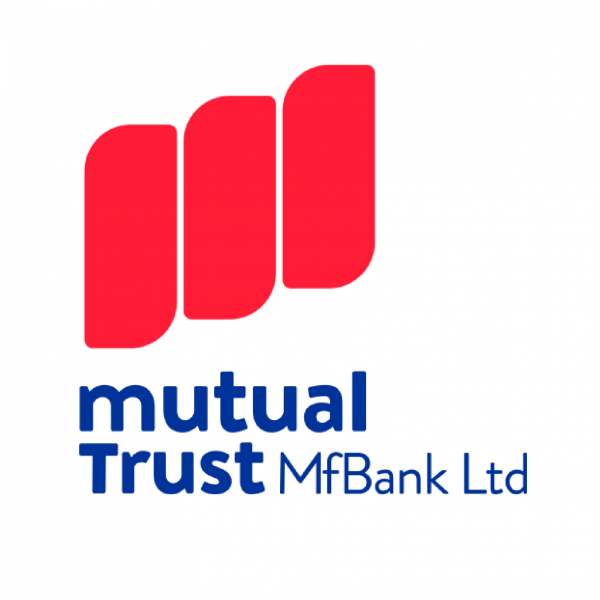Mutual Trust is a microfinance bank headquartered in Abuja. It takes and handles deposits from its customers, and provides loans to public sector workers who are employed by the Federal Government. It also helps SMEs and employees from selected private sector industries with credit and finances for the purchase and instalment of critical assets.
Read more about Business
Nigeria’s market for microfinance and allied services is populated by a variety of banks and non-traditional bodies. They are taking on a role that’s been left mostly unattended by larger financial organizations (including the bigger commercial banks). Although they don’t measure up to the more recognizable brands in the banking industry in terms of prominence, they are helping smaller economic units access benefits that they consider valuable.
As is the case with several other players in local finance, Mutual Trust started off with a much smaller capital base than it boasts today. Early in the 2010s, it operated under the name ‘Mark de Rock MFB’. Following a major restructure of its setup, which also involved its recapitalization, it was rechristened. It took its current name in 2016. The bank has continued to expand its reach, strengthening with each passing year.
Sign up for the Connect Nigeria daily newsletter
Mutual Trust serves a customer base that’s largely made up of employees of private and public sector concerns. This demographic, along with small and medium-sized businesses, is the primary recipient of its loans. Because it insists on verifying the employment status of its loan recipients, it’s able to maintain a high repayment rate. This, as well as the interest that it charges, is able to guarantee that depositors receive a decent return for the funds they keep with the bank.
Federal civil servants who can produce proof of their employment with a Federal Government Ministry, Department or Agency can take out a loan from Mutual Trust. This is subject to them receiving their salaries via the IPPIS platform, and earning what the bank calls a ‘good net pay’. Mutual Trust says it disburses loans of up to ₦3 million to civil servants within 10 hours of getting their application.
Register to attend the CN Business Mixer
Loans are available to private sector employees as well. They can apply for at least ₦300,000 in financial aid, and repay at an interest rate of between 3% and 4% per annum. Although no collateral is required to qualify for a loan, intending recipients must provide a guarantor. Anyone in this category who would like to determine what they’re likely to repay for loans they get can find out by using the loan calculator on the bank’s website.
In addition to its core deposit and loan offerings, Mutual Trust finances the purchase and installation of solar power infrastructure at private residences and offices. Its customers can repay monthly (via salary deductions) or settle their debt at once.
Did you find this article useful? Contact us: [email protected]


